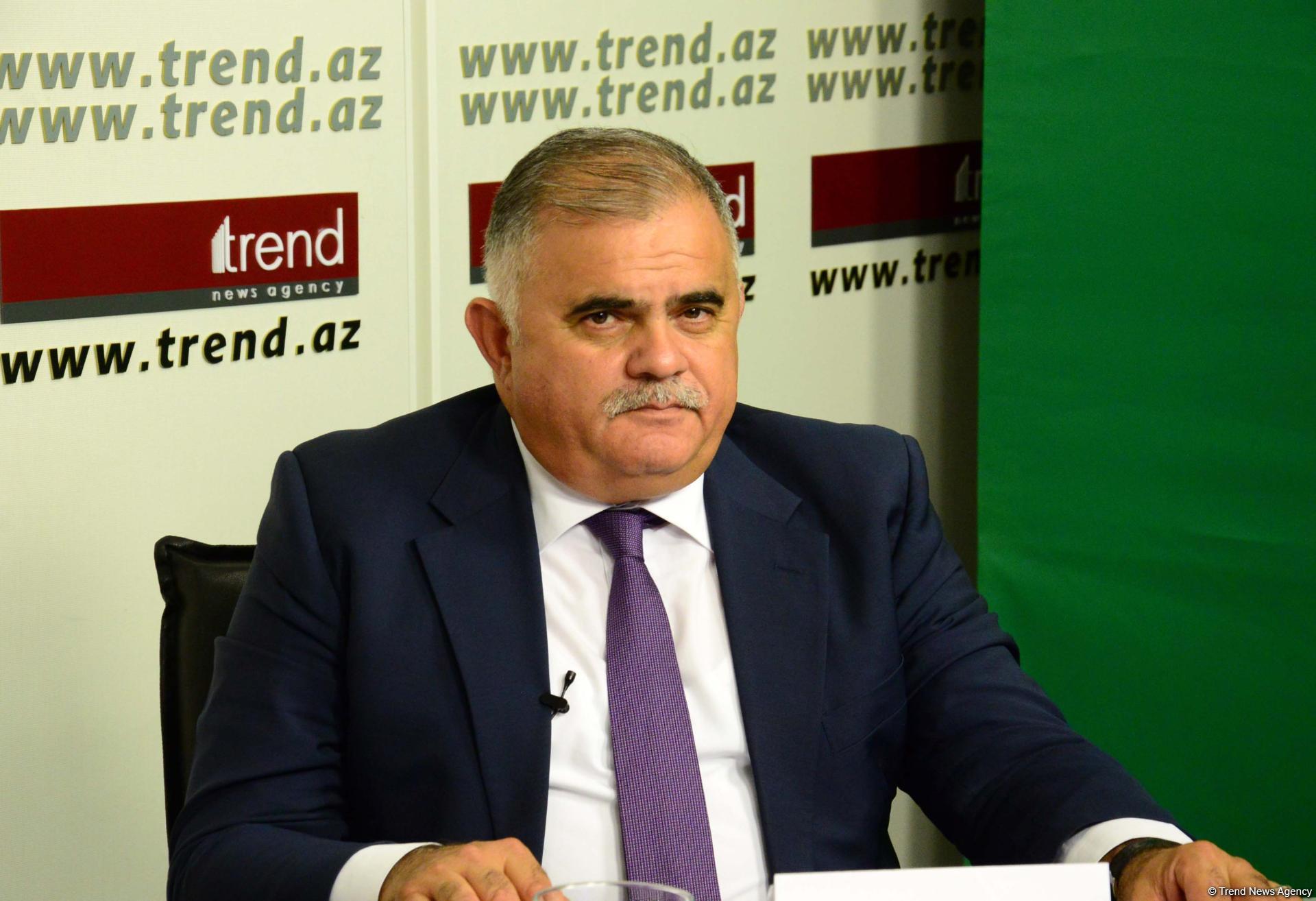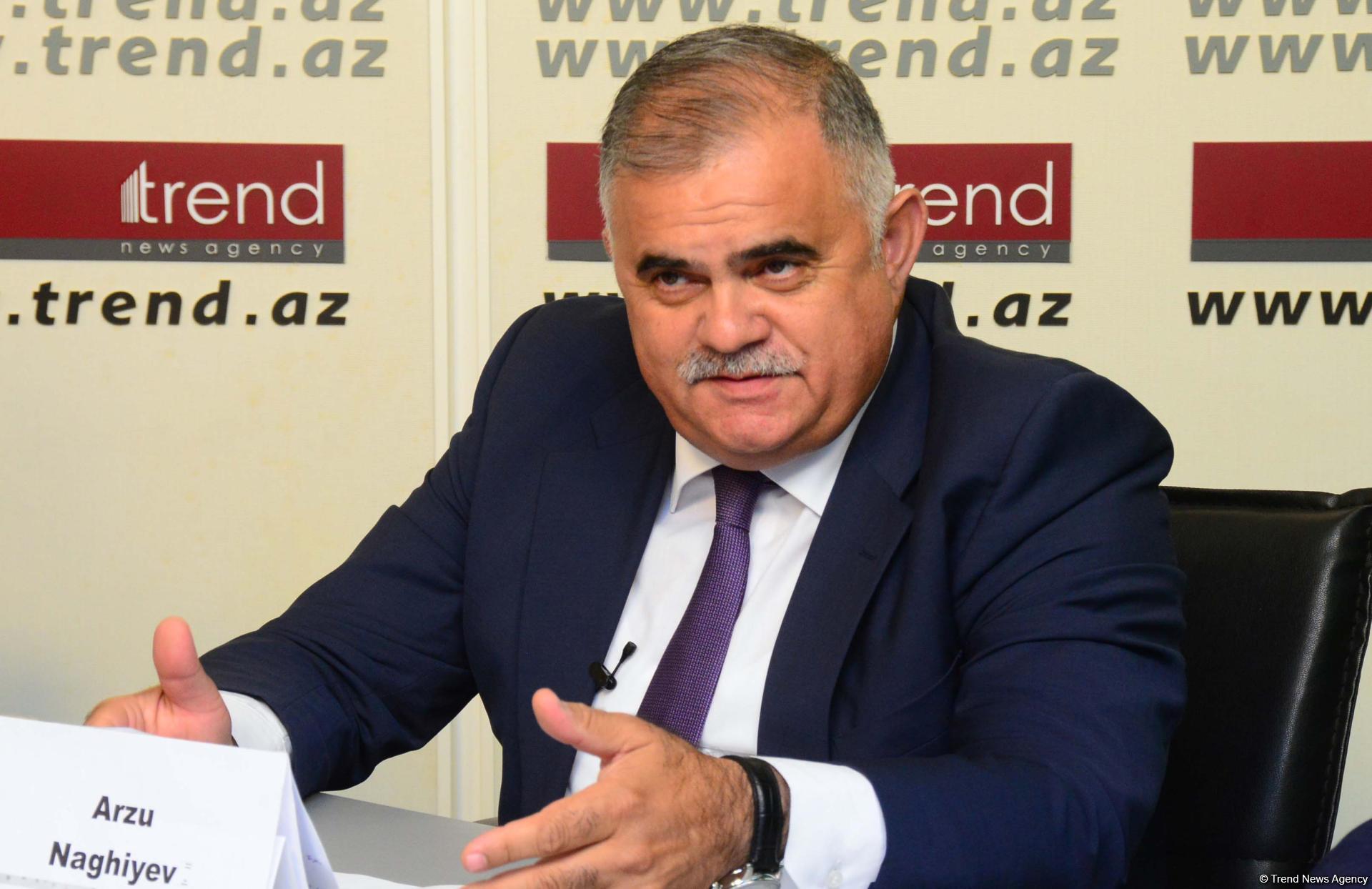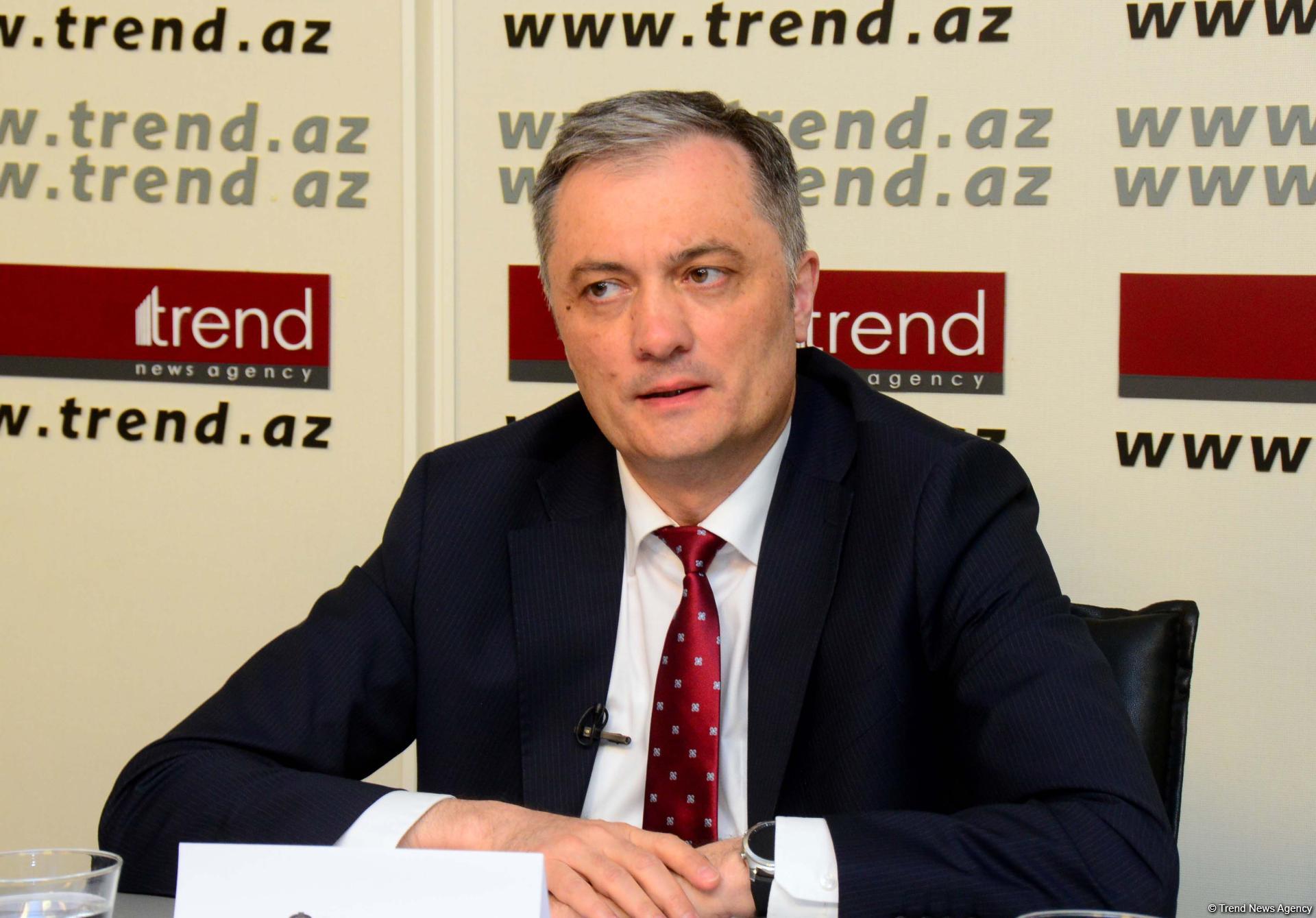Baku, Azerbaijan, June 13
By Matanat Nasibova – Trend:
The International North–South Transport Corridor (INSTC) project is significant in terms of geopolitics, and it is also focused on the real economy, Russian expert Stanislav Pritchin told Trend News Agency during Moscow-Baku video conference on the topic “North-South Transport Corridor: prospects for regional integration."
The expert noted that one of the main global trends is regionalization. “The project parties are trying to move to a global level of interaction. Let us compare INSTC with the China’s One Belt-One Road Initiative. China built a network of pipelines before the global initiative was announced. But in our case [in case of INSTC] we see a different picture," he said.
"Since the initiation of the project to this day, there are still no pivotal routes from the Persian Gulf connected to Russian infrastructure. Therefore, there is a lot of work to do,” the expert continued.
“For example, there is a constructive approach at the political level, and the five-sided format has been quite successful and opened the way to the signing of the Convention on the status of the Caspian Sea. But in parallel, we see that there is a narrow grouping of countries aimed at intensifying economic cooperation," added the expert.
"This cooperation, despite certain challenges and sanctions, needs to be developed. I think that strategically, politically, and from the point of view of economic feasibility, it is necessary to complete this transport corridor, which is important for all participating countries for their business, including for entering the Indian market,” he elaborated.
"Azerbaijan conducts a fairly extensive policy for the export of its products and the establishment of transit through its territory, and it shows considerable success," he remarked.
The INSTC is limited to the territory of the member states of the Eurasian Economic Union (EAEU). However, within the framework of the possibilities of free trade zones of the CIS, Azerbaijan can allow this project to enter Turkey through the territory of the South Caucasus.
The Iranian direction of the project will also be implemented through the capabilities of Azerbaijan via the Rasht-Astara-Qazvin railway. Thus, Azerbaijan will become the key hub of INSTC, which will significantly expand the country's logistics and infrastructure capabilities.
The International North–South Transport Corridor is designed for the transportation of goods from India and the countries of the Persian Gulf to Russia, Western Europe, the Baltic and Scandinavia. If cargo transportation through the Persian Gulf, the Suez Canal, the Mediterranean Sea to Helsinki by sea is carried out within 45-60 days, the delivery time along the "North-South" corridor will equal 20-25 days.
In order to develop transportation in this area, Azerbaijan, Iran and Russia signed an agreement in 2005 on the construction of 375 km long railway segments in Iran and between Astara and the Azerbaijan-Iran border, as well as on the reconstruction of an existing railway in Azerbaijan.
The Astara-Rasht-Qazvin railway project envisages building a new railway line in Iran, which will connect the Azerbaijani city of Astara to the Iranian cities of Astara, Rasht and Qazvin.
The video conference was organized by the representative office of the North-South Political Science Center in Baku, Trend News Agency, and Caspian Expert Club.



































